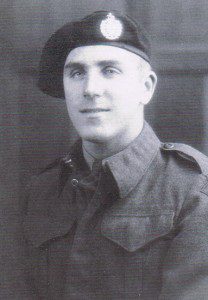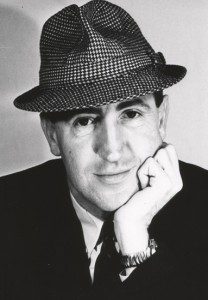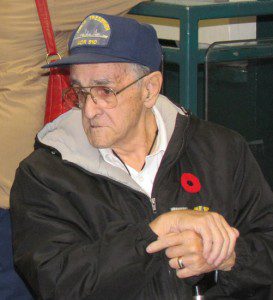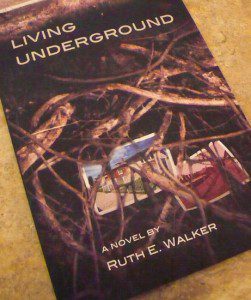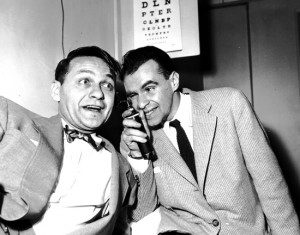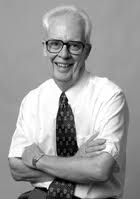
January was particularly cold in 1972, the year I arrived in Saskatoon. On average it was minus-30 that month. Nonetheless, that was the month I made an important career-altering phone call. For the previous three years I had worked feverishly as a student at Ryerson training myself to become a gainfully employed broadcaster. I had landed my first post-diploma job in Saskatoon, working in educational TV. But, to stretch my writing skills (and make a few extra bucks), I had also pitched a few ideas to the Saskatoon city newspaper, The Star-Phoenix.
“We’ll give you a try,” the pleasant voice on the other end of the phone said. “Cover the University of Saskatchewan appearance of Mitch Ryder. We’ll see how it goes.”



